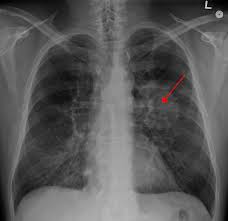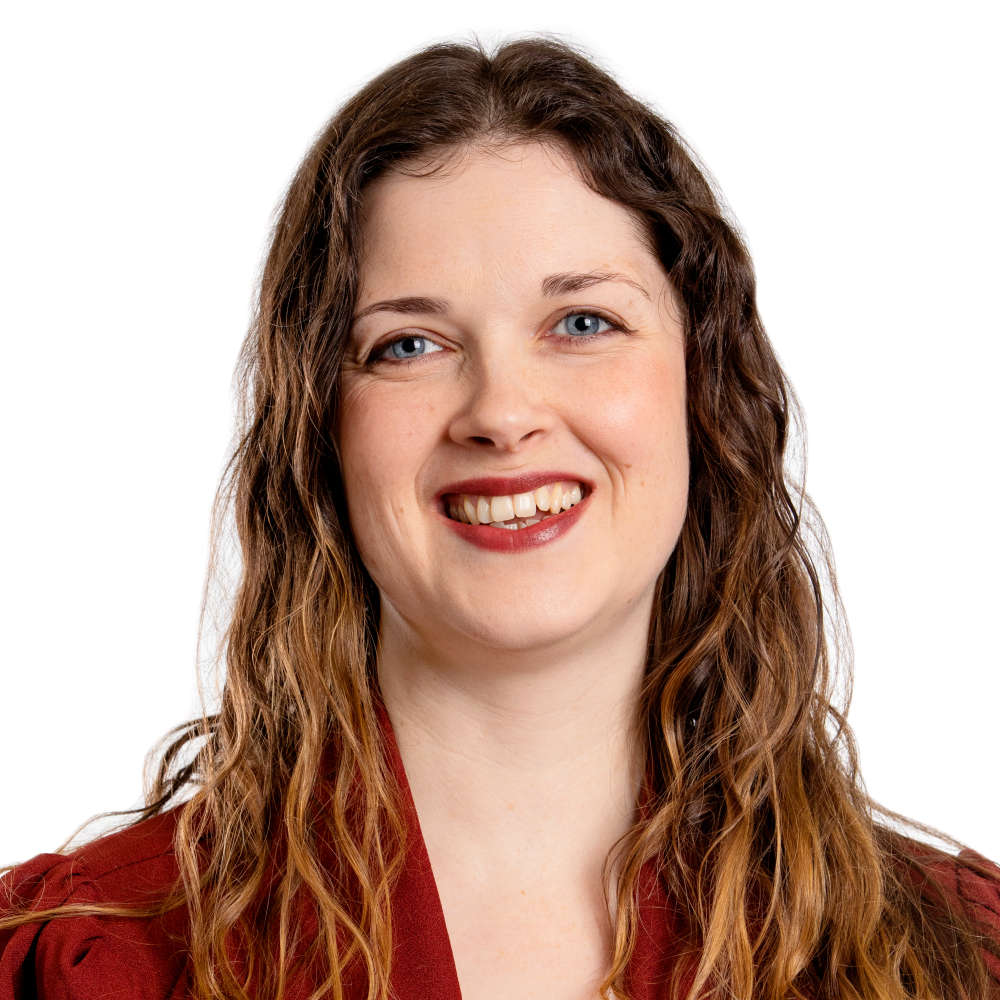
By the end of 2016, cancer diagnosis will be so common that one Scot will be given the devastating news almost every 15-minutes.
That's according to Macmillan Cancer Support, which says 32,270 people in Scotland will be diagnosed with cancer each year – the equivalent of almost 90 Scots every single day.
This is an 18% increase (around 5000 people) from 20-years before in 1996 when 27,250 people were diagnosed with cancer.
The figures were revealed as the charity called for the Scottish Government to put in place a long term plan to cope with the ever increasing number of people being diagnosed with and surviving cancer.
There are currently 190,000 people living with cancer in Scotland, with that number expected to double by 2030.
Macmillan’s head in Scotland, Janice Preston, said: “We know the NHS is already under real pressure trying to cope with the number of people living with cancer.
“Waiting times targets are being missed, and many patients tell us that while their medical treatment was good, often no one tells them where to find support coping with the emotional, financial and practical problems cancer can cause.
“It is vitally important the we transform the way we deliver cancer care to make sure our system can meet the needs of the huge numbers of people who will be diagnosed with the illness in the future.
"This means not only ensuring they get the best possible medical care, but that their emotional, practical and financial needs are also met.”
Macmillan want every single cancer patient to be given a needs assessment to identify the kind of support they need, from help coping with the side effects of treatment, to benefits advice and counselling.
The charity says this will make sure patients get the support they need as soon as possible, while also reducing the time clinical staff spend dealing with non-clinical issues outside of their expertise.
Macmillan has already invested £5m in a project with the Scottish Government to transform cancer care after treatment. They money is funding a number of pilots within the NHS to test better ways of supporting people with cancer during and after treatment.
The rise in the number of people getting cancer is largely due to people living longer, with around two in three cases diagnosed in people aged 65 or over. This proportion is gradually growing as the population ages.


 Man, 44, seriously injured in hospital after crash between Comrie and Rosyth
Man, 44, seriously injured in hospital after crash between Comrie and Rosyth
 John Swinney announces SNP leadership bid
John Swinney announces SNP leadership bid
 Closures on A92 from TONIGHT for roadworks
Closures on A92 from TONIGHT for roadworks
 13°C
13°C
 11°C
11°C
 17°C
17°C